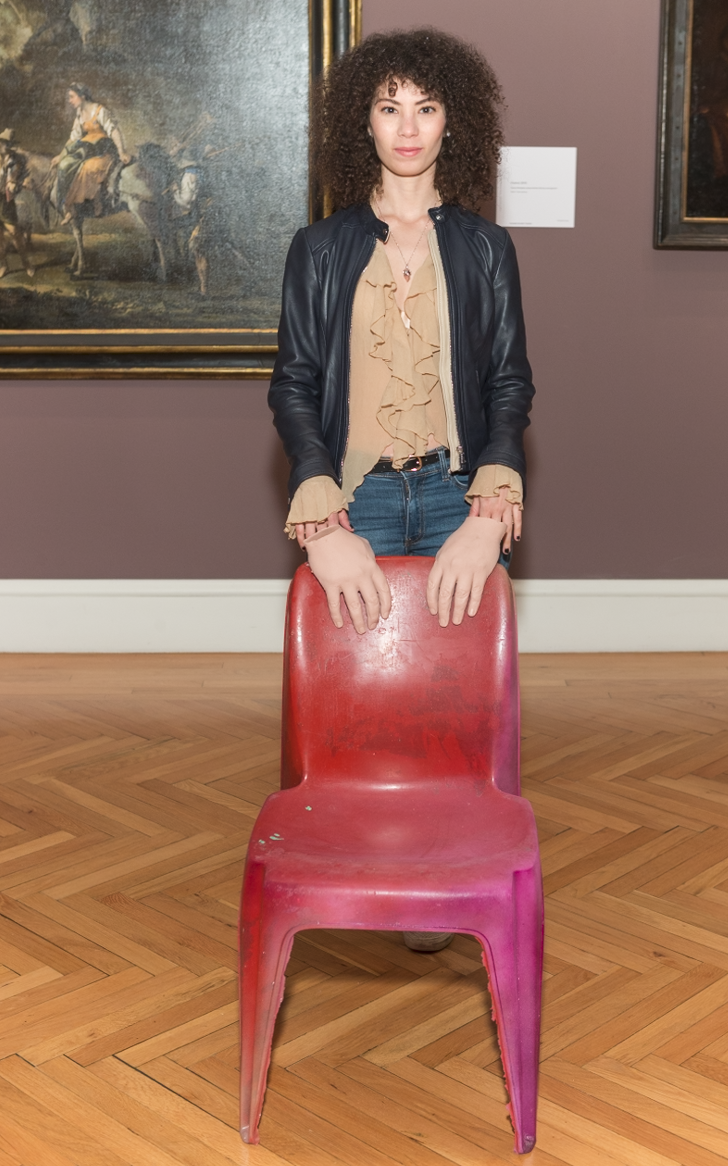Ikram Lakhdhar

The CIMAM Annual Conference allowed me to network with global heads of museums and colleagues, all while delving into the artistic community and context of the culturally thriving Stockholm—a Northern European city on the edge of contemporary art innovation. As an independent curator from Tunisia, the CIMAM experience has further diversified my global consciousness of museum practices, as well as my awareness of access to inter-institutional resources and knowledge production.
The three-day programming attempted to translate, discuss and dive deeper into The Museum in Transition conference theme. The panels that included artists’ perspectives in tangent with a multi-disciplinary approach was most successful. For example, both Loulou Cherinet and Ahmet Ögüt provided critical insight grounding the dialog in exercises of “unlearning”, decolonization and institutional critique. The sub-themes of the conference were focused and brought good conversations. In particular, I found the Ethics of Museums in an Age of Mixed Economy to be interesting in relation to the museum’s role to serve the surrounding and/or represented communities. I was very fascinated by Ögüt’s work with the Silent University and appreciated a special field trip to the outskirts of the city to visit Tensta konsthall, where I met immigrant artists and cultural laborers who are doing the invisible work of saving their identity and cultural narratives in their host environment.
My recommendation for the next CIMAM Annual Conference is to invite more speakers from underrepresented countries to share knowledge and reports from their specific region. In fact, many of the travel grantees added value in diversifying the discussions by bringing awareness to meaningful and less visible contexts. In addition, I would suggest incorporating more breakout sessions and smaller workshops into the conference programming. I think these intimate formats are conducive to an open and original intellectual exchange. This was successfully established during our introduction to the CIMAM board of directors before the conference kickoff, and during lunch on Day 3. We discussed issues such as governmental censorship in Cuba and the extremists attack the artistic community in Tunisia during the Arab Spring. We also agreed that CIMAM should act as the leader in the production and circulation of strategic tools and guides in communities and nations under crises.
As a first-time attendee of the CIMAM Annual Conference, I came in with ample curiosity and readiness to learn, engage and connect, and I left feeling fulfilled and empowered—having taken a key part in some of the most formative conversations and generative thinking about the role of curators, artists, and practitioners in elevating the future of museums.
I have grown fond of the CIMAM community and I am excited to advocate for its values and support its goals. Thank you for this opportunity, and hope to connect again during the CIMAM 2019 Annual Conference.